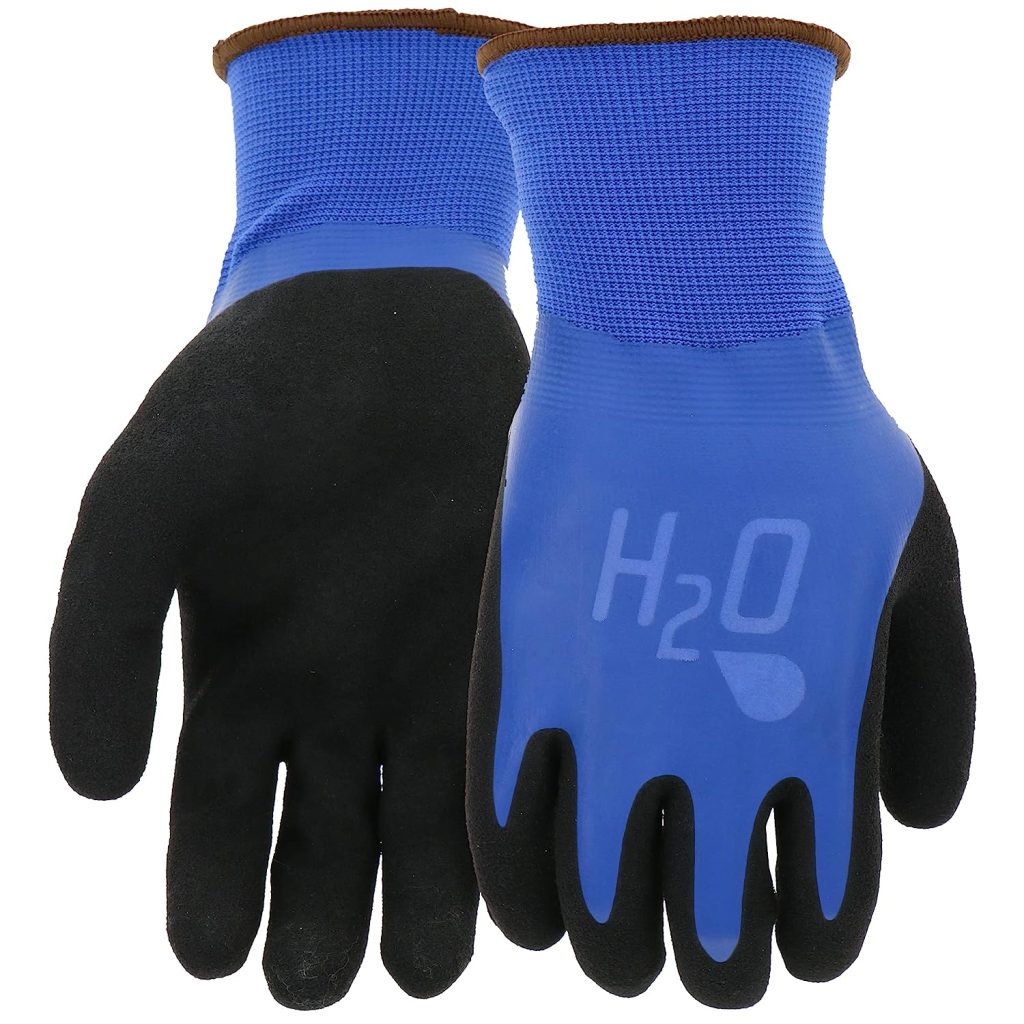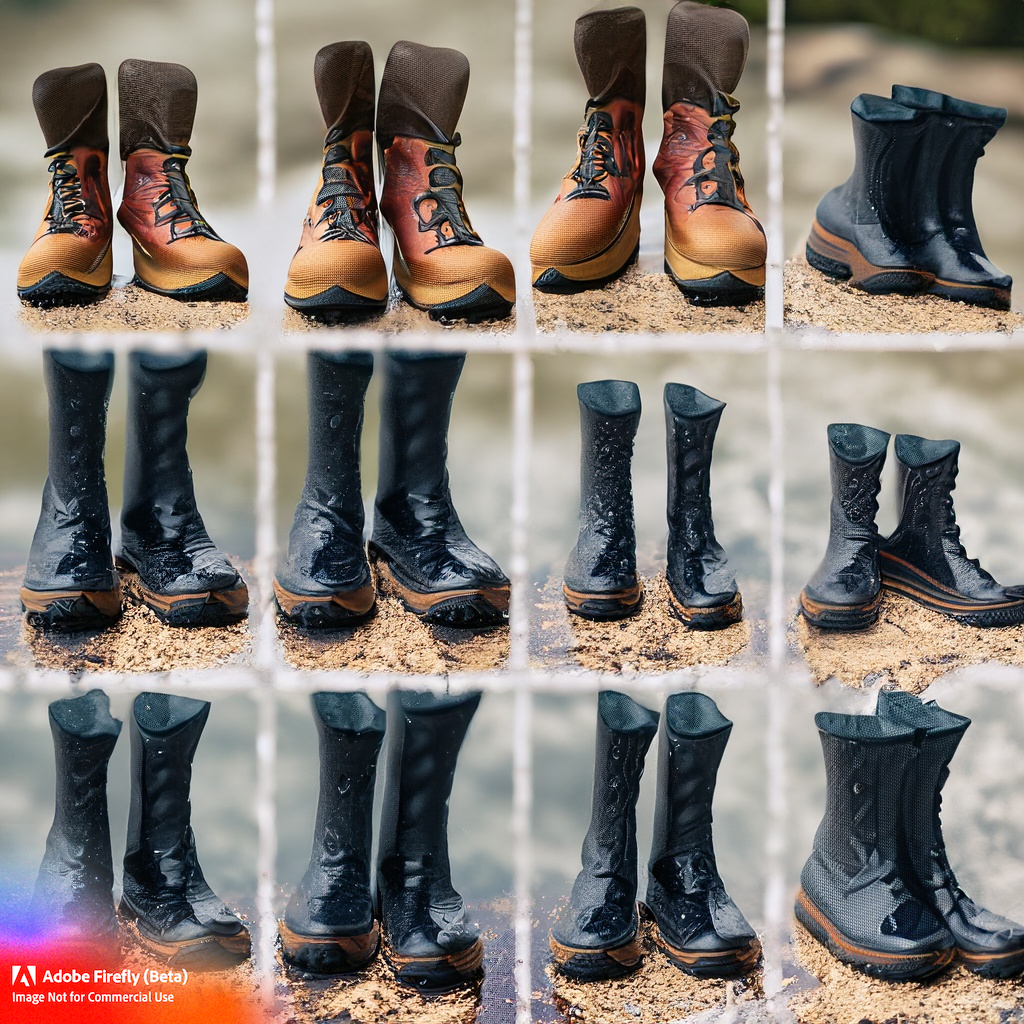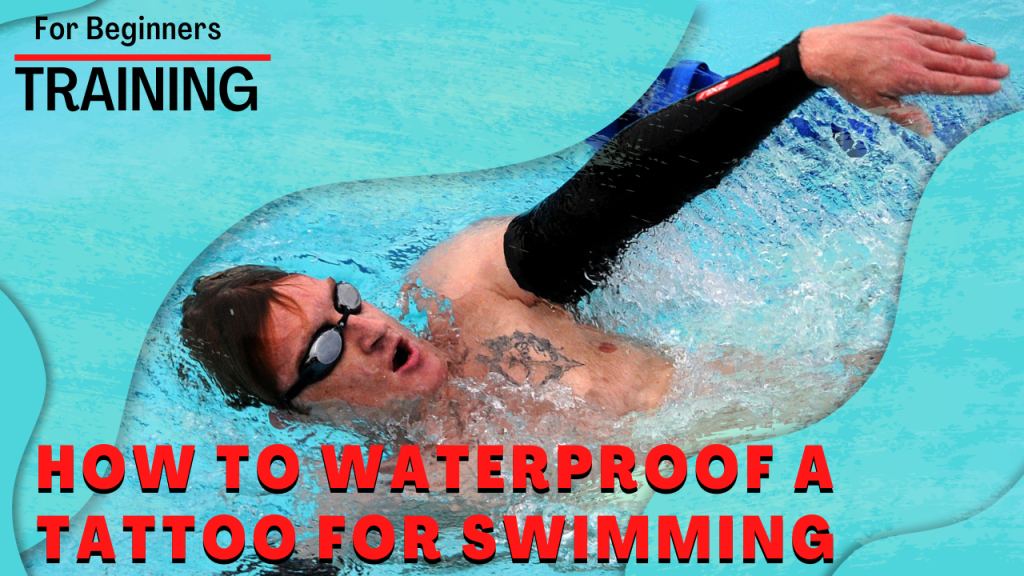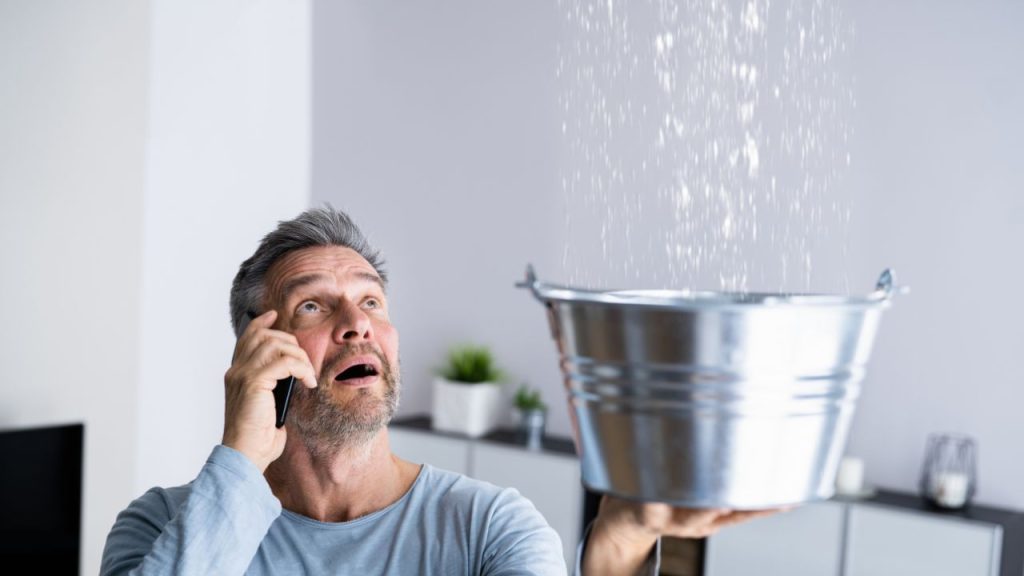Top Waterproof Gloves of 2023: Ensuring Dry and Protected Hands

Introduction
When it comes to outdoor activities or working in wet conditions, having the right gear is crucial. One essential item that can make a significant difference in comfort and safety is waterproof gloves. These gloves are designed to keep your hands dry and protected, allowing you to focus on the task at hand without worrying about discomfort or potential hazards. In this article, we will explore the benefits of waterproof gloves, discuss different types available in the market, and provide valuable insights on choosing the right pair for your needs.
Which waterproof gloves are best?
customers recommendations and amazon suggestions
Table of Contents
The Importance of Waterproof Gloves

Working or participating in activities in wet environments can be uncomfortable and potentially hazardous. Waterproof gloves offer a practical solution by providing a protective barrier that prevents water from reaching your hands. This is particularly important in cold conditions, as wet hands can lead to discomfort, reduced dexterity, and even frostbite. Additionally, waterproof gloves can protect your hands from other liquids, such as oils, chemicals, or cleaning agents, keeping your skin safe from irritants or harmful substances.
Types of Waterproof Gloves
Insulated Waterproof Gloves
Insulated waterproof gloves are designed to provide warmth in addition to protection against water. These gloves are often lined with materials like fleece or Thinsulate™ to retain heat and keep your hands comfortable in cold temperatures. They are ideal for winter sports, hiking in snowy conditions, or any activity that requires prolonged exposure to cold and wet environments.
Disposable Waterproof Gloves
Disposable waterproof gloves are commonly used in medical and food handling industries. Made from materials like nitrile or latex, these gloves offer excellent water resistance while providing a hygienic barrier against contaminants. They are suitable for short-term use and are an essential accessory in situations where sanitation is crucial.
Breathable Waterproof Gloves
Breathable waterproof gloves combine the benefits of waterproofing and breathability. These gloves are constructed using advanced materials that repel water while allowing moisture and heat to escape. They are particularly useful for activities that involve intense physical exertion or when working in environments with high humidity.
Factors to Consider When Choosing Waterproof Gloves
Choosing the right pair of waterproof gloves requires careful consideration of several factors:
Material
Waterproof gloves can be made from various materials, including neoprene, nylon, PVC, or Gore-Tex®. Each material offers different levels of water resistance, breathability, and durability. It’s essential to select gloves that suit the specific demands of your intended activities.
Material
Proper sizing and fit are crucial for optimal comfort and dexterity. Ill-fitting gloves can restrict movement and compromise their protective qualities. Ensure that you consult the manufacturer’s sizing chart and choose the appropriate size for your hand measurements.
Dexterity and Grip
Consider the level of dexterity and grip required for your intended tasks. Some waterproof gloves are designed to provide excellent tactile sensitivity, allowing for precise movements, while others prioritize enhanced grip on wet surfaces. Determine the balance between these factors based on your specific needs.
Durability
The durability of waterproof gloves is vital, especially if you engage in rugged outdoor activities or work in demanding environments. Look for gloves with reinforced palm and finger areas, as well as strong stitching, to ensure they can withstand regular use and potential abrasions.
Best Practices for Using Waterproof Gloves
To maximize the lifespan and performance of your waterproof gloves, consider the following best practices
Proper Cleaning and Maintenance
Regularly clean your gloves according to the manufacturer’s instructions to remove dirt, debris, and sweat. Improper cleaning methods can compromise their waterproofing abilities and shorten their lifespan.
Layering with Other Gloves
In extremely cold conditions, layering your waterproof gloves with thin, insulating liners can provide extra warmth. This allows you to adjust your hand protection based on the temperature and level of activity.
Ensuring Proper Ventilation
To prevent excessive sweating and moisture buildup within your gloves, ensure proper ventilation. Look for gloves with breathable features or utilize vents or zippers when available.
Waterproof Gloves for Various Activities
Waterproof gloves cater to a wide range of activities. Here are a few examples of how they can enhance your experience in different scenarios
Outdoor Sports and Recreation
Whether you enjoy skiing, snowboarding, hiking, or biking, waterproof gloves are essential for staying comfortable and protected in wet and cold conditions. They allow you to maintain a firm grip on equipment while keeping your hands dry and warm.
Construction and Industrial Work
Construction workers, plumbers, and those in various industrial sectors often encounter wet and hazardous conditions. Waterproof gloves safeguard against water, chemicals, and other substances, reducing the risk of injuries and ensuring comfort during prolonged tasks.
Fishing and Marine Activities
Anglers, boaters, and individuals engaged in water-related activities benefit greatly from waterproof gloves. These gloves keep hands dry while handling fishing gear, navigating watercraft, or working with ropes and lines.
The Advantages of Waterproof Gloves
Investing in a quality pair of waterproof gloves offers several advantages:
- Protection against water, chemicals, and other liquids
- Enhanced comfort and warmth in cold conditions
- Improved grip and dexterity
- Prevention of skin irritation and allergies
- Extended durability for long-term use
Conclusion
Waterproof gloves are an indispensable accessory for anyone working or engaging in outdoor activities in wet conditions. They provide effective protection against water, offer comfort, and ensure your hands stay dry and warm. By considering factors such as material, fit, and durability, you can choose the perfect pair of waterproof gloves to suit your specific needs. Invest in quality gloves and enjoy the benefits they provide in various environments and situations.
While waterproof gloves can protect your hands from water, they may not be designed for prolonged submersion. It’s best to use specialized dishwashing gloves for such tasks.
Lorem ipsum dolor sit amet, consectetur adipiscing eliteSome waterproof gloves are designed with touchscreen compatibility, allowing you to use your devices without removing the gloves.. Ut elit tellus, luctus nec ullamcorper mattis, pulvinar dapibus leo.
PVC gloves, also known as vinyl gloves, are commonly used for various purposes due to their unique properties. Here are some of the key applications where PVC gloves are often considered beneficial:
Medical and Healthcare: PVC gloves are frequently used in healthcare settings, including hospitals, clinics, and laboratories. They provide a barrier of protection against potential contamination and are suitable for low-risk tasks such as handling non-hazardous medications, basic patient examinations, and light cleaning.
Food Service: PVC gloves are commonly used in the food industry, particularly in food preparation and handling. They help maintain hygiene standards, prevent cross-contamination, and ensure food safety. However, it’s important to note that some jurisdictions may have specific regulations on glove materials for food handling, so it’s essential to check local guidelines.
Cleaning and Janitorial Services: PVC gloves offer a practical solution for various cleaning tasks, such as general cleaning, janitorial services, and housekeeping. They provide protection against chemicals, detergents, and cleaning agents while safeguarding the hands from potential abrasions or irritations.
Beauty and Salon Services: PVC gloves find utility in beauty salons, spas, and nail care establishments. They are commonly used during manicures, pedicures, hair dyeing, and other cosmetic procedures to protect both the client and the service provider.
Light Industrial Work: PVC gloves can be suitable for light-duty industrial applications, such as assembly lines, electronics handling, and packaging. They offer protection against dirt, mild chemicals, and abrasions, although for more hazardous or specialized tasks, alternative gloves with higher chemical or puncture resistance may be required.
General Household Tasks: PVC gloves can be handy for various household chores, including dishwashing, gardening, and general cleaning. They provide a barrier against water, mild chemicals, and dirt, keeping the hands clean and dry during these activities.
It’s important to note that PVC gloves have their limitations and may not be suitable for high-risk environments or tasks involving hazardous substances. For specialized applications, it’s advisable to consult specific safety guidelines or consider gloves made from different materials with appropriate certifications.
Rubber gloves are waterproof due to the inherent properties of rubber as a material. Rubber is a natural or synthetic polymer known for its water-resistant characteristics. Here are the primary reasons why rubber gloves are waterproof:
Impermeability: Rubber is a non-porous material, meaning it has a dense molecular structure that does not allow water molecules to pass through easily. The tightly packed polymer chains create a barrier that prevents water from permeating the glove.
Hydrophobic Nature: Rubber is inherently hydrophobic, which means it repels water. The surface of rubber gloves tends to be smooth and resistant to wetting, causing water to bead up and roll off the surface rather than being absorbed.
Elasticity and Flexibility: Rubber gloves typically have a high level of elasticity and flexibility, allowing them to conform closely to the hand’s shape and create a tight seal. This tight seal further enhances their waterproofing ability by preventing water from seeping in at the glove’s edges.
Chemical Resistance: In addition to being waterproof, rubber gloves often exhibit excellent resistance to a wide range of chemicals, including water-based solutions and some corrosive substances. This resistance helps protect the hands not only from water but also from potential chemical hazards.
It’s important to note that not all rubber gloves are equally waterproof. The degree of waterproofing may vary depending on the specific type of rubber, the glove’s thickness, and the manufacturing process. Additionally, rubber gloves can deteriorate over time, and repeated use or exposure to harsh chemicals may compromise their waterproofing properties. Therefore, it’s essential to inspect and replace rubber gloves if they become damaged or show signs of wear to maintain their effectiveness.









